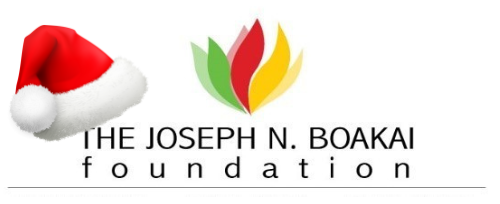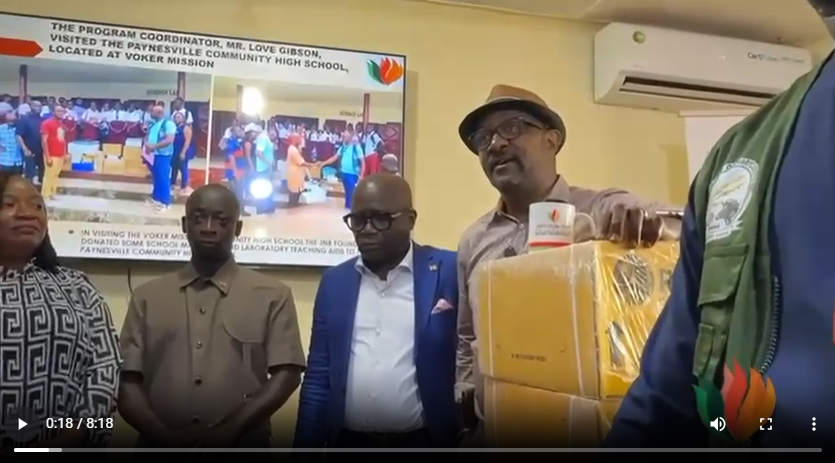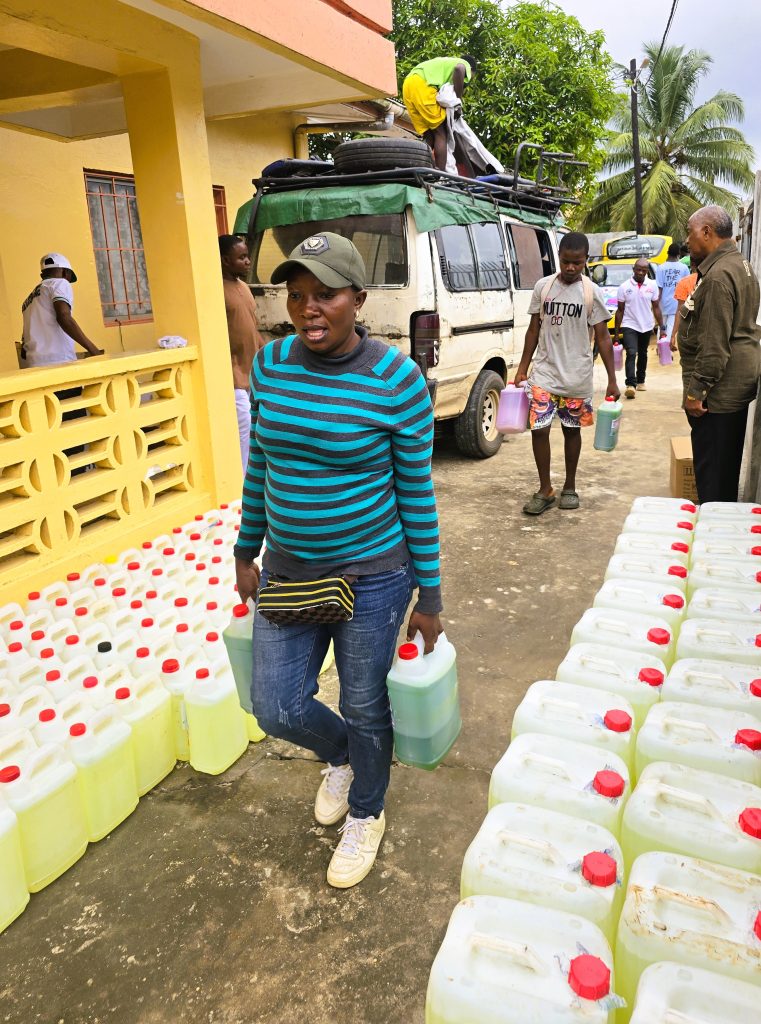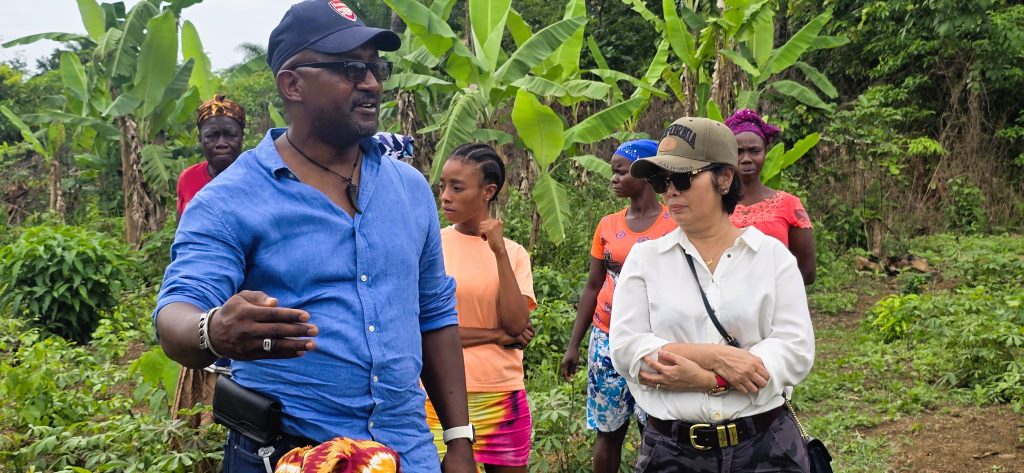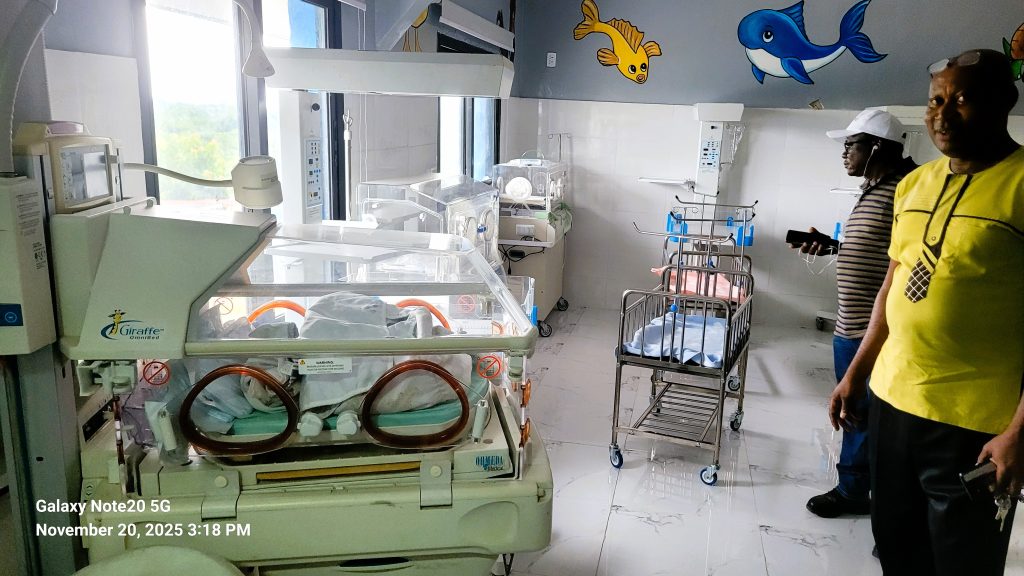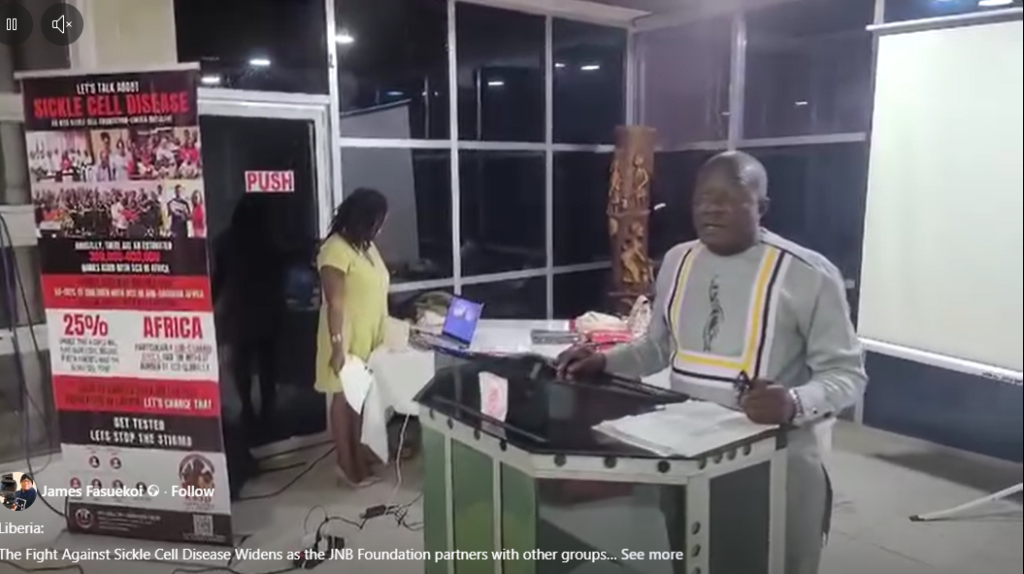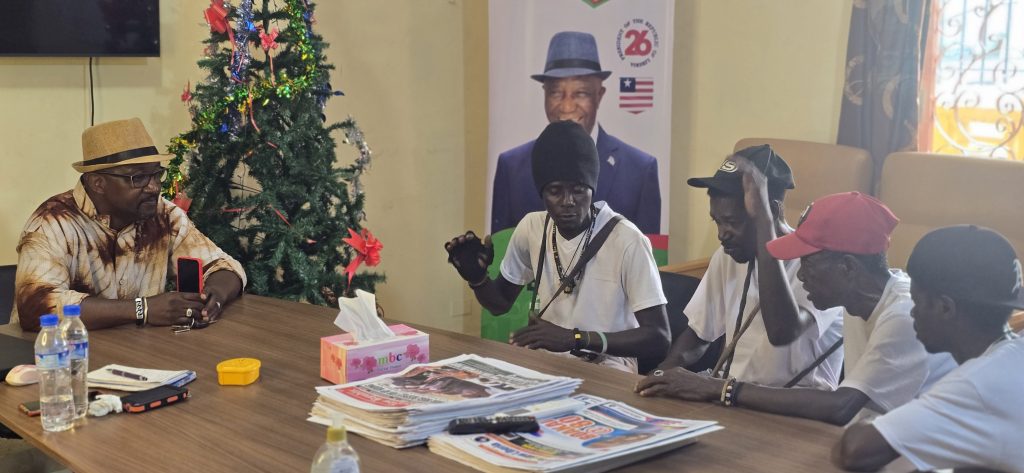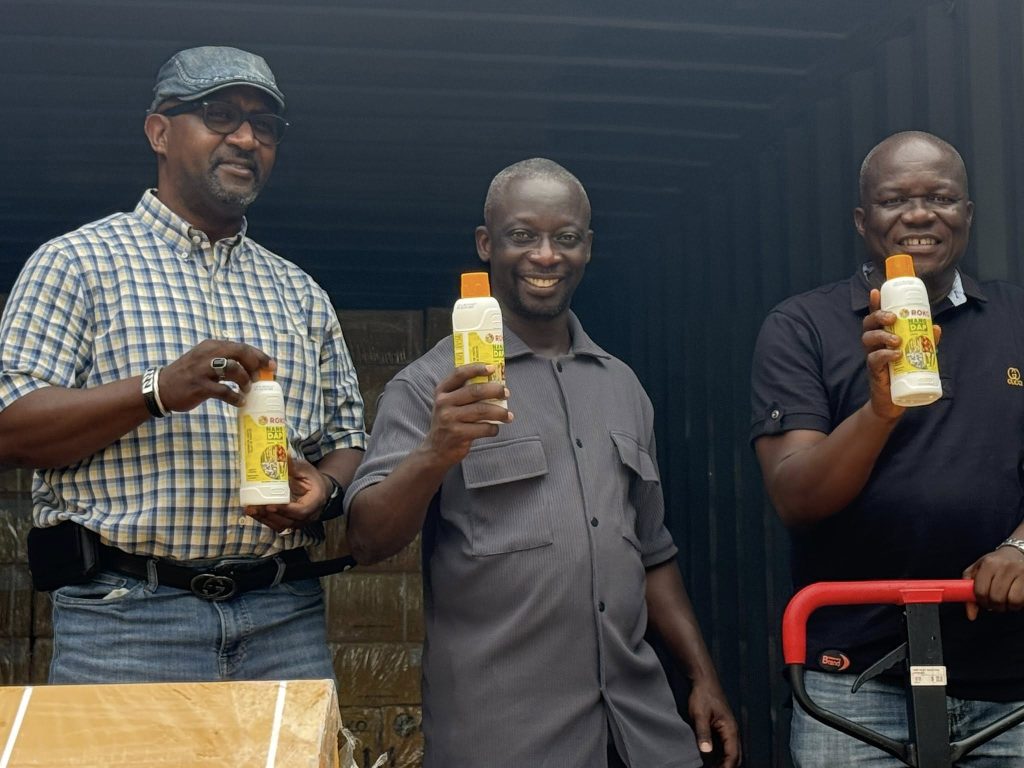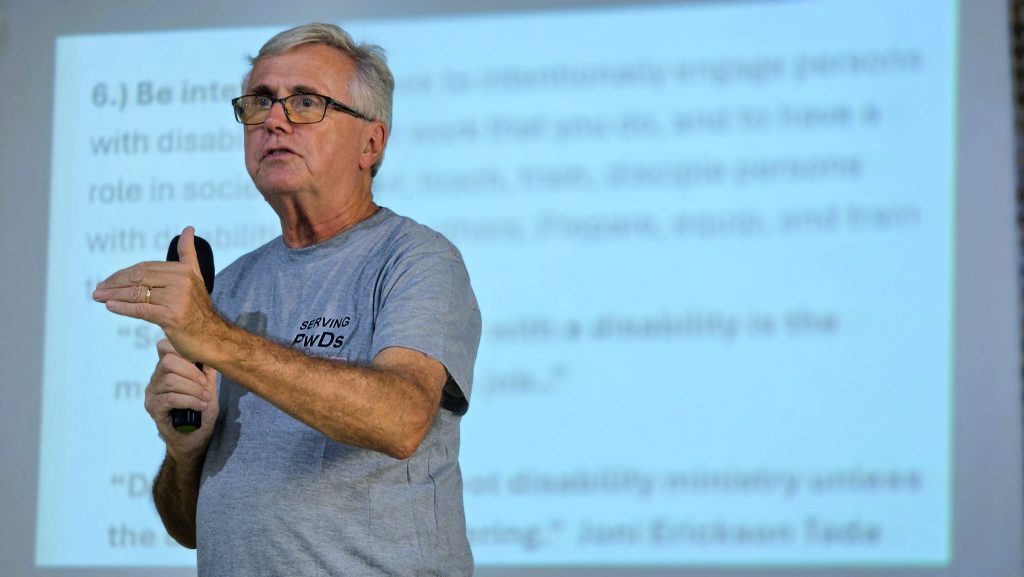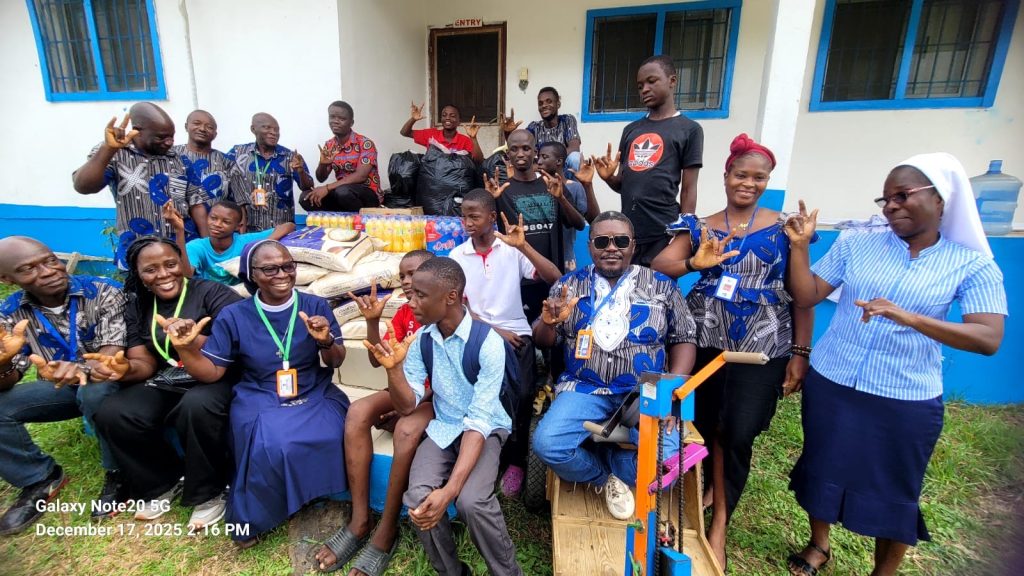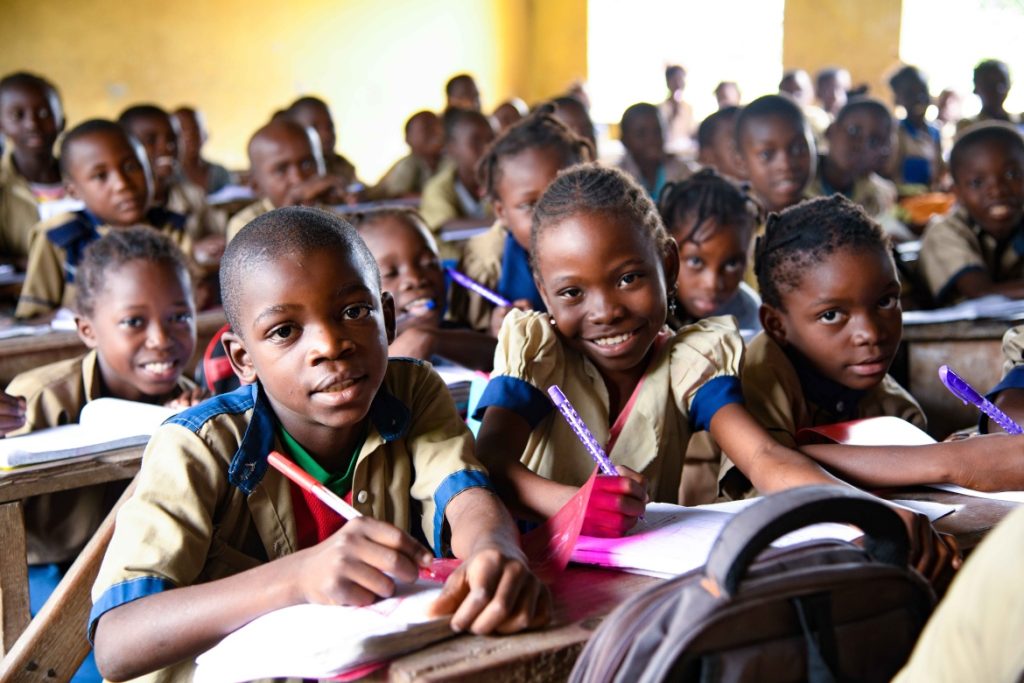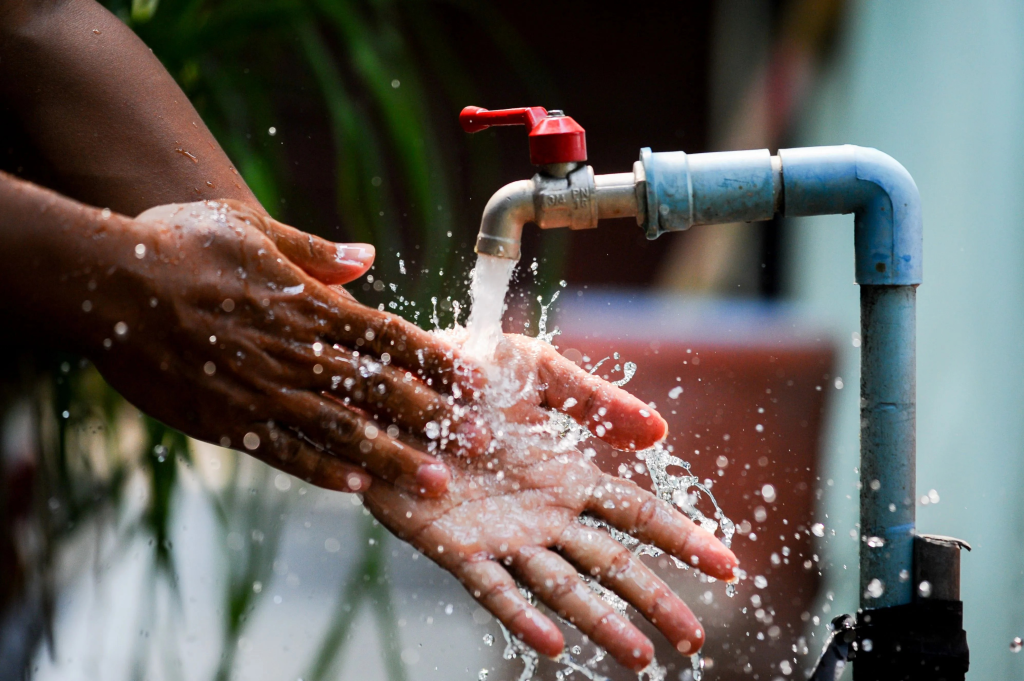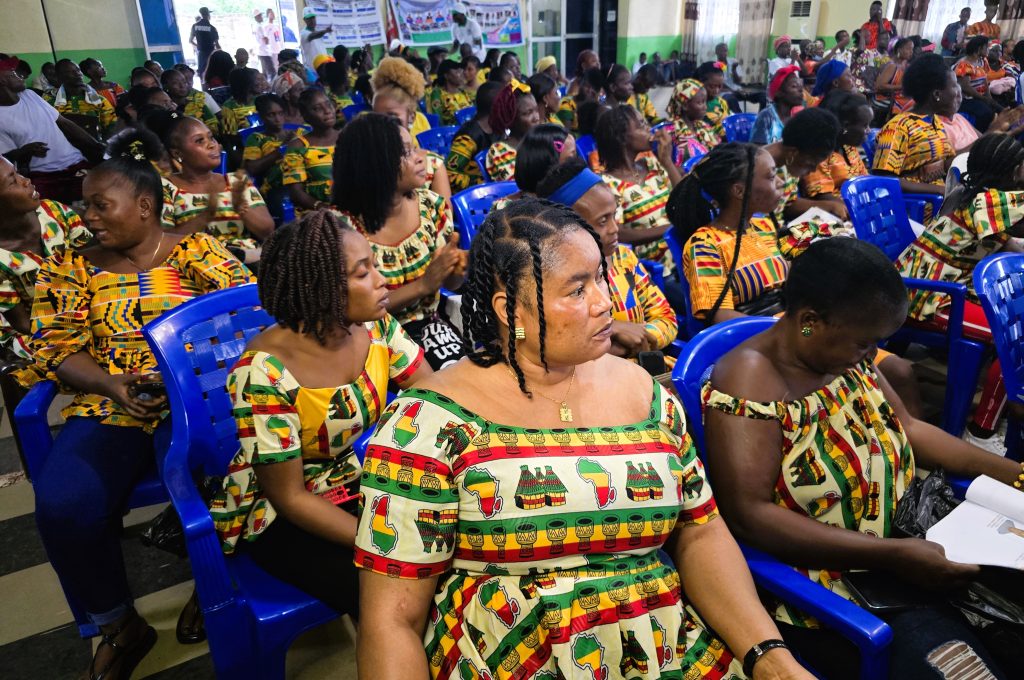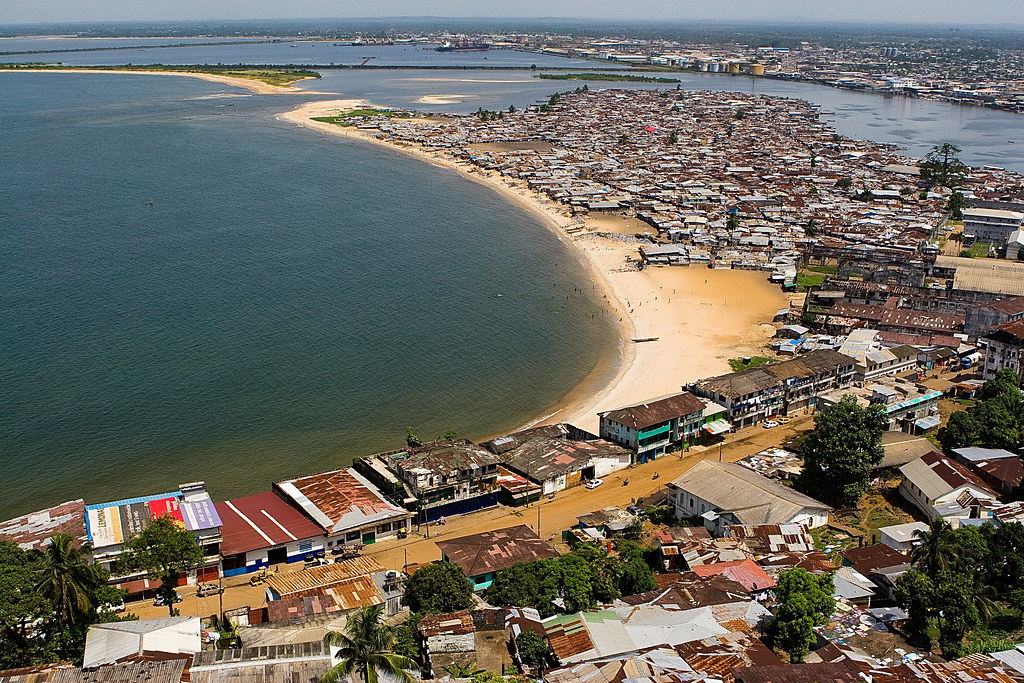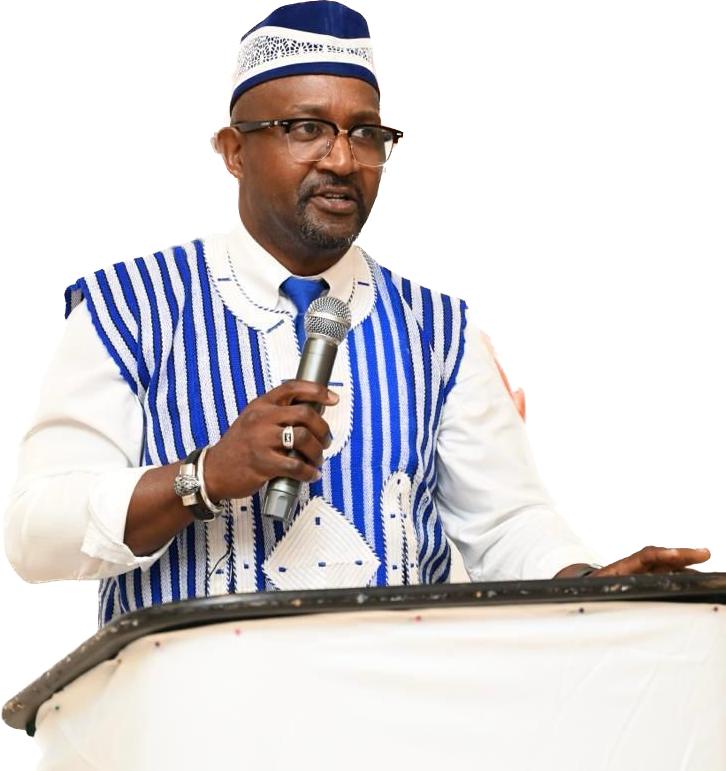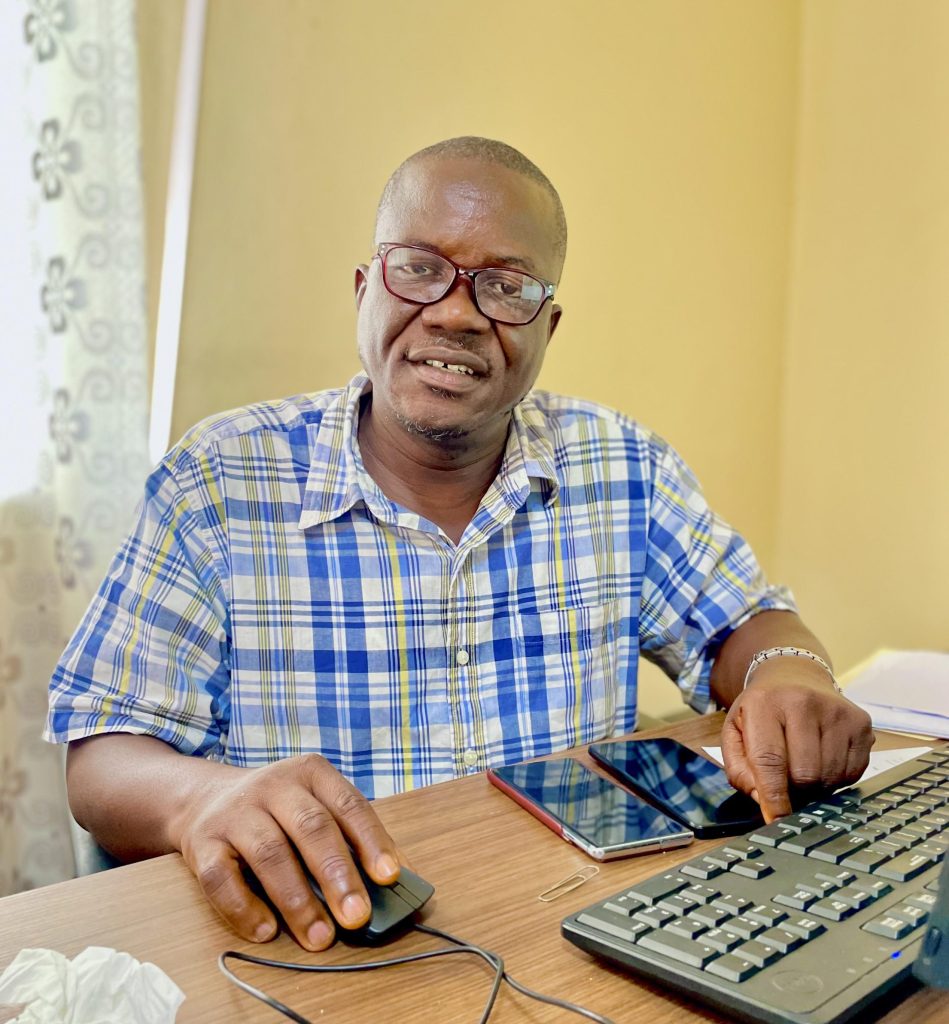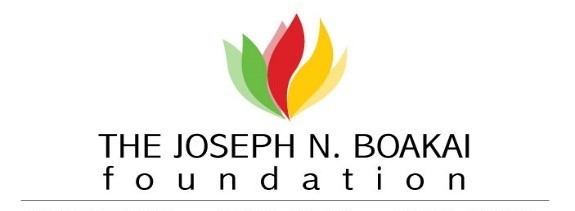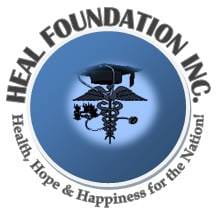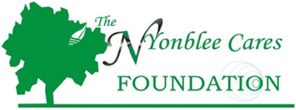THE J.N.B
FOUNDATION
Drives transformative social change by bringing together implementing organizations with shared values to provide needed assistance and service with impact to improve the lives of the people of Liberia
BE PART OF THE CHANGE
Latest Stories
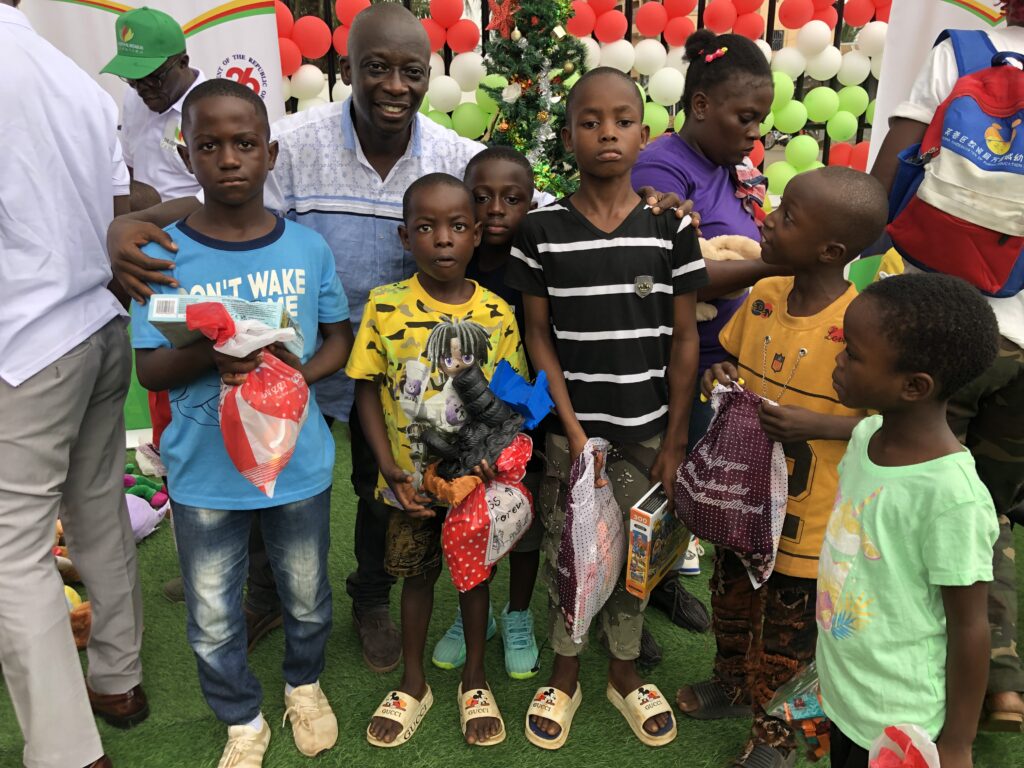
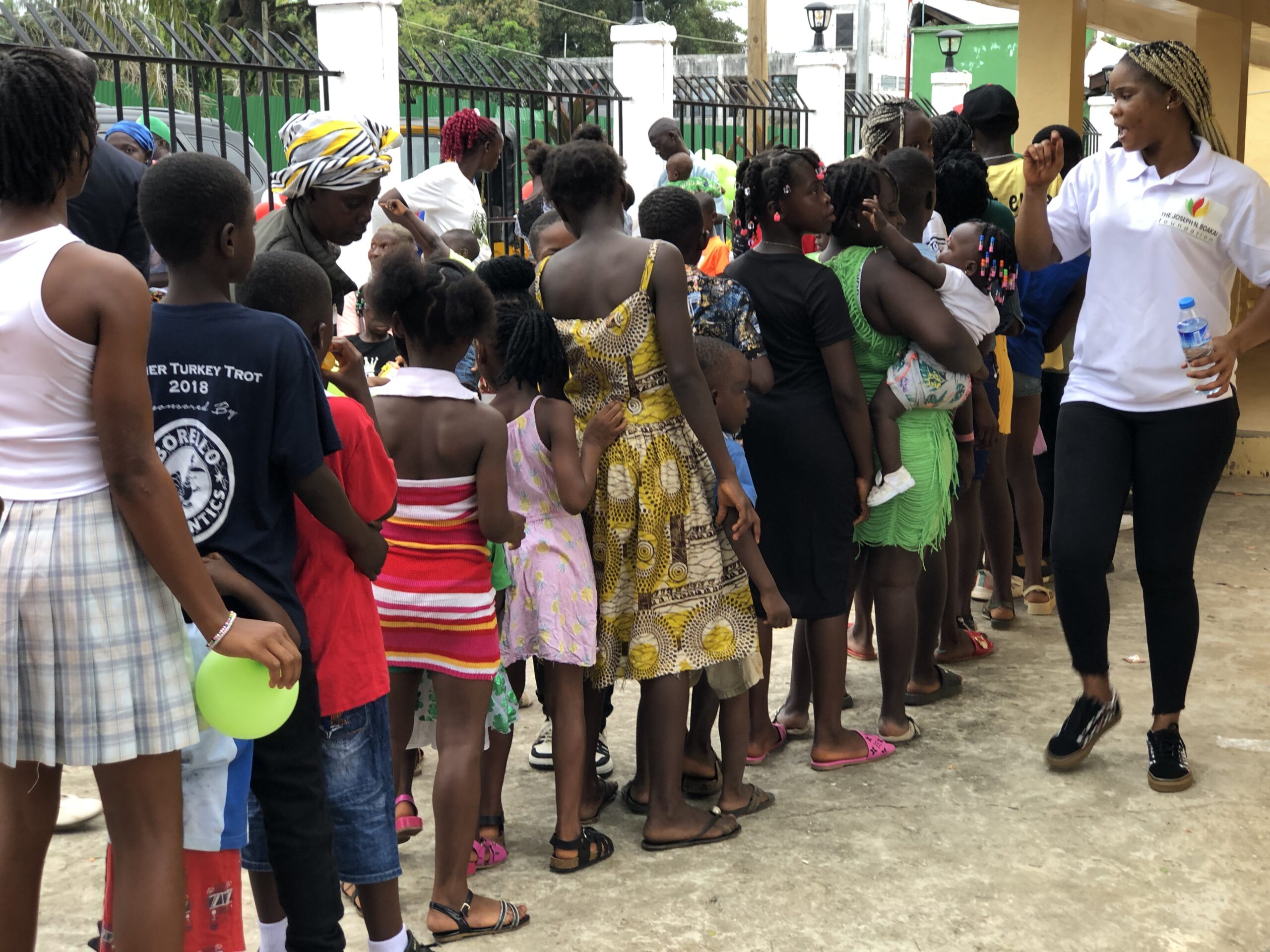
Hundreds of kids rushed to President Boakai’s Rehab charity to collect gifts
By James Kokulo Fasuekoi|The JNB Foundation Communications Director At least about a few hundred more children gathered at President Joseph Nyuma Boakai’s Rehab charity headquarters on
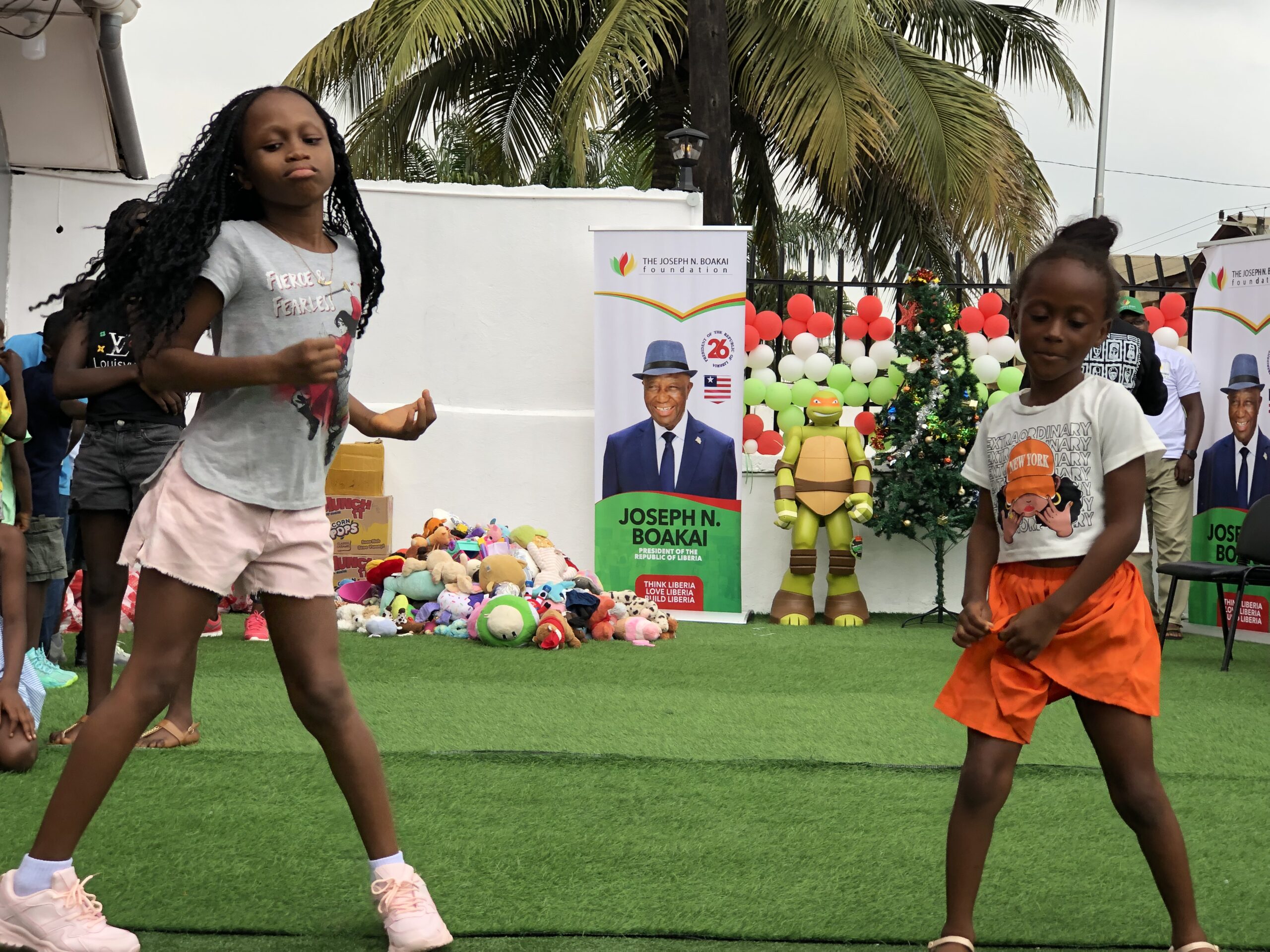
Liberia: President Boakai’s JNB Foundation charity fetes kids at children’s New Year’s party
By James Kokulo Fasuekoi|The JNB Foundation Communication Director On January 1st, New Year’s Day, the JNB Foundation of President Joseph Nyuma Boakai hosted a kids’
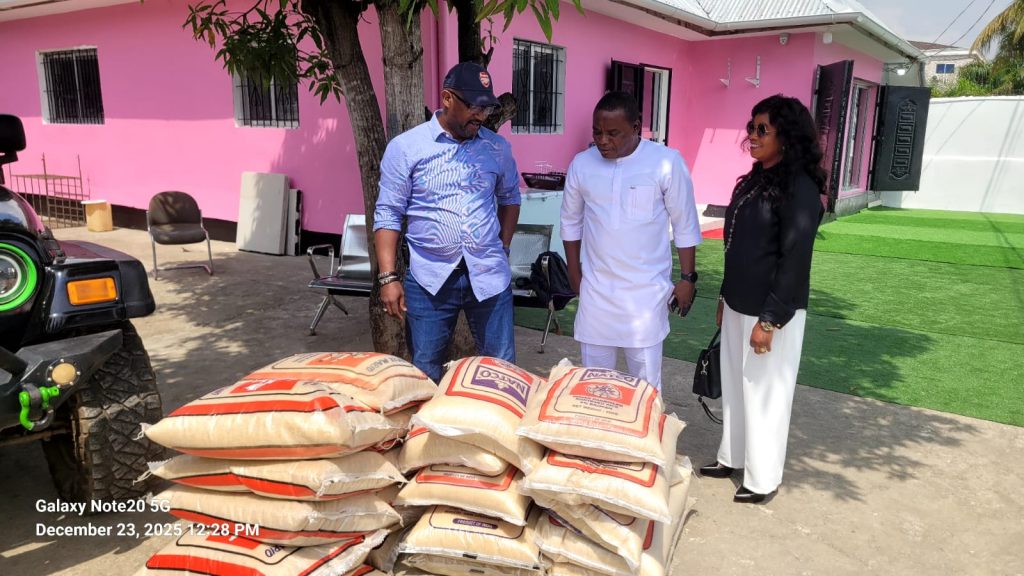
The Teerkay family donates rice to Pres. Boakai’s charity
On Tuesday, December 23, the Michael J. Teekay Family made a donation of 20 bags of 25kg cleaned rice, the nation’s main staple, to the
News / Blogs


Hundreds of kids rushed to President Boakai’s Rehab charity to collect gifts

Liberia: President Boakai’s JNB Foundation charity fetes kids at children’s New Year’s party

BE APART OF THE CHANGE






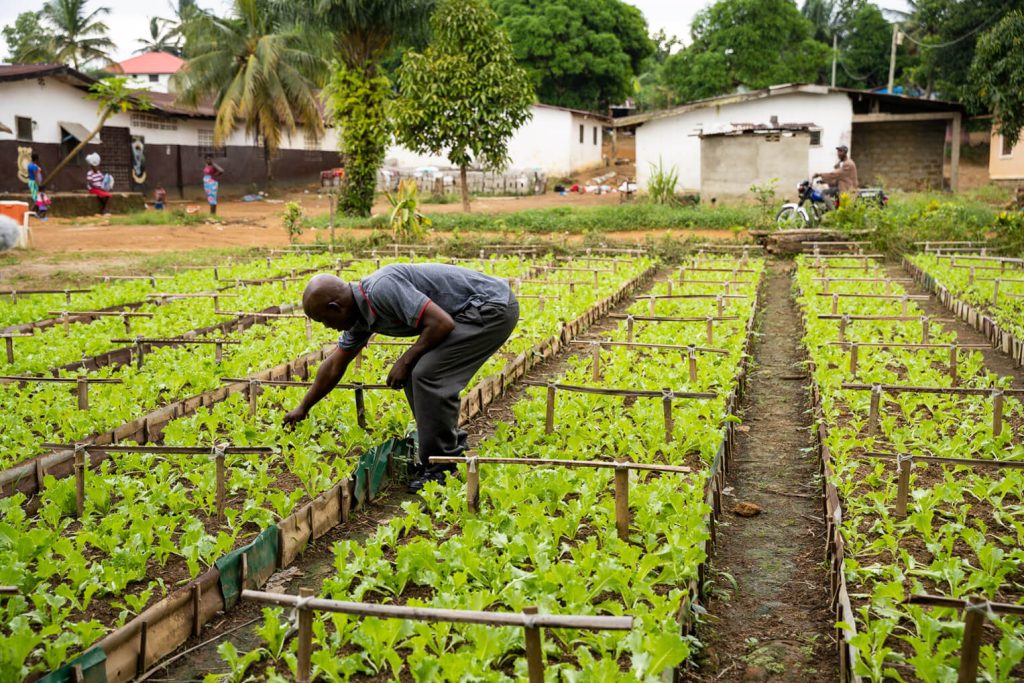
Agriculture is the backbone of the Liberian economy. Researchers say agricultural transformation can become the driving force for poverty reduction, food security and economic growth. Liberia does not grow enough food to feed itself and spends over $200 million annually to import its staple food, rice. Even pepper and vegetables are imported from Guinea and La Cote d’Ivoire. Despite the fact that the country has nearly 5 million hectares of arable land, according to the Food and Agriculture Organization……..
Access to health is a major problem for a country where there is one doctor to approximately 15,000 people. The maternal mortality rate of Liberia is estimated at 700 deaths to every 100,000 live births while infant mortality is at 52 deaths to every 1000 live births. About 500 children die annually from diarrhea.
Lack of education, high unemployment and poverty are a combustible mix for any society. Liberia continues to struggle with high level of illiteracy especially among rural women and girls. In the urban areas, a generation of young people missed out on education during the 14-year civil war. These youth make up the swollen ranks of unemployed and drug addicts. According to UNICEF, about 70% of Liberian children are not attending primary school..
Statistics show that only 25% of Liberians have access to safe drinking water which makes them susceptible to water borne diseases. Eighty percent have no access to decent toilet and more than 3 million lack access to adequate sanitation. As an individual, Honorable Boakai has often intervened to facilitate the construction of bore holes and hand pumps in many rural communities. The Joseph Nyuma Boakai Foundation will continue to work with Implementing Partners to extend access to clean and safe drinking water to rural communities, extend the WASH programs around the country, and help to improve sanitation for the Liberian people.
According to data, youth constitute about 60% of Liberia’s population. While a youthful population presents good long term prospects for sustainable economic development, the current outlook for youth development appears bleak. Youth unemployment is said to be as high as 85%. Many of the unemployed include former fighters and child soldiers from the 15 year civil conflict. Teenage pregnancy hovers around 40%. The dropout rate for teenage girls beyond primary school in rural areas remains high.
It is estimated that 80% of Liberian households obtain their energy from wood and charcoal for cooking in both urban and rural areas. Nearly a million trees are cut annually which contributes to a rate of deforestation of about 20%. Logging, slash and burn farming method, mining and road construction all contribute to deforestation and environmental degradation. These activities disturb the ecosystems in which pathogens reside thereby increasing the potential for new infectious diseases to emerge. Improved means of transportation reduce the time it takes for people to travel to and from urban areas and allow outbreaks to spread quickly.
MEET OUR TEAM
WHAT WE STAND FOR
Envisioned to transform lives and improve the living conditions of all, particularly rural inhabitants, the Joseph Nyuma Boakai Foundation works to support agriculture production and food security, healthcare service delivery, provision of quality education, youth capacity and gender development, provision of safe drinking water, and the promotion and protection of a cleaned environment.
Make Your Suggestion Here.
Thanks For the new update, been finding it difficult to get here but now it is better, keep up the good work
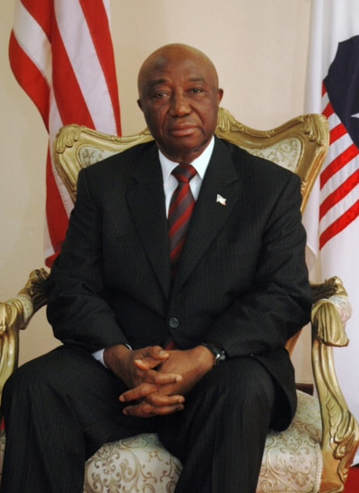
VOLUNTEER. DONATE. LOVE
It makes sense, cost wise, to pursue the foregoing activities as modules of integrated and reinforcing programs in targeted communities.
